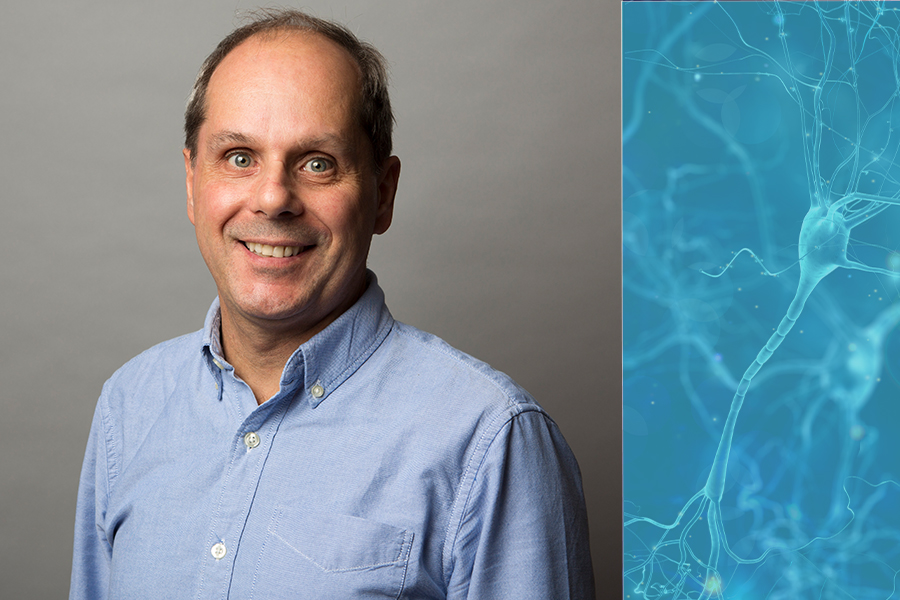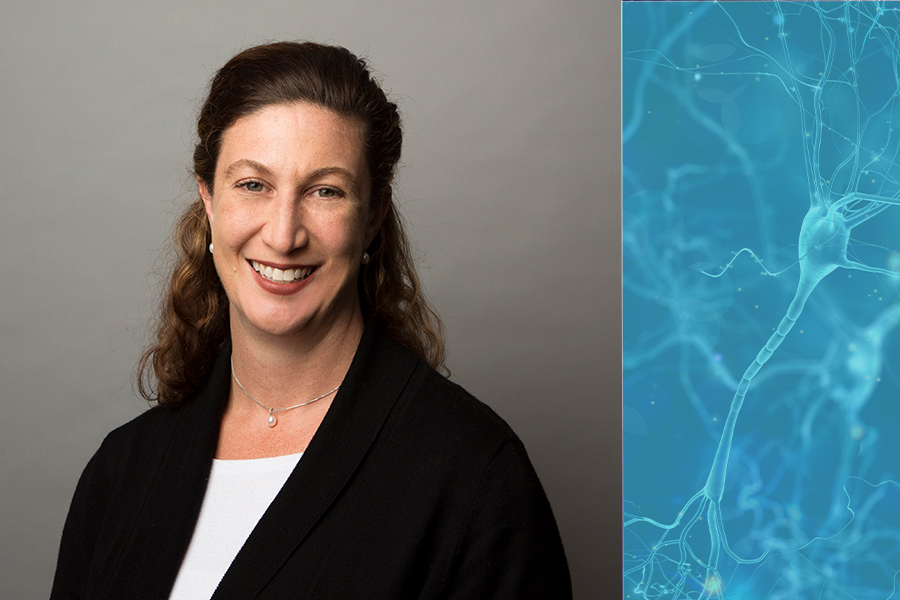
Baycrest is marking Brain Awareness Week (March 15-19) by celebrating breakthroughs in the field of brain health and care. We’re marking some of the moments and discoveries that changed the course of the institution, the field, and the way care is provided.
 The Brain and COVID-19 Research
The Brain and COVID-19 Research
As healthcare professionals discover more about how COVID-19 affects the respiratory system, scientists suggest the virus could have potential neurological consequences in some patients.
 Cogniciti
Cogniciti
In 2014, Cogniciti, a Baycrest subsidiary, created a free, private and clinically researched online assessment, that lets users test their memory. Users learn if they need to see their doctor in less than 30 minutes!
 The Brain Project
The Brain Project
Since 2016 painters, sculptors, musicians, broadcasters, influencers, performance artists and creative thinkers bring their own personal interpretations of the themes to a blank, brain-shaped form as part of The Brain Project. This project raises needed funds to make each Baycrest Breakthrough happen.
-
-
Care
Canada’s aging population means more older adults than ever need care, and are receiving it beyond the hospital setting, Baycrest’s work ensures that quality care can be provided in any setting.
Memory
Memory is a key function of the brain, and can impact everything from staying in touch with loved one to keeping track of your keys. The ability to remember is a useful measurement in many neurological disorders. Memory is the focus of many researchers at the Rotman Research Institute, leading to breakthrough discoveries in capturing, maintaining and even measuring memories.

Combining Music and Brain Stimulation to Improve Memory
Read Now
Webpage URL

Our Eye Movements Help us Retrieve Memories
Read Now
Webpage URL

More Efficient Brains
Researchers found that musicians and people who are bilingual utilized fewer brain resources when completing a working memory task. They activated different brain networks and showed less brain activity than people who only spoke one language and didn’t have formal music training to complete the task.
While researchers previously knew bilingualism and formal music training benefited brain health, they didn’t know precisely why. This 2018 study revealed these skills trained brains to use fewer resources when completing a working memory task.
.aspx?width=400&height=266) The Virtual Brain
The Virtual Brain
The Virtual Brain is the first computer model of a fully functioning human brain. The aim is for it to be used in a clinical setting to help people see how their brain health is doing decades before they might exhibit signs of dementia and related disorders.